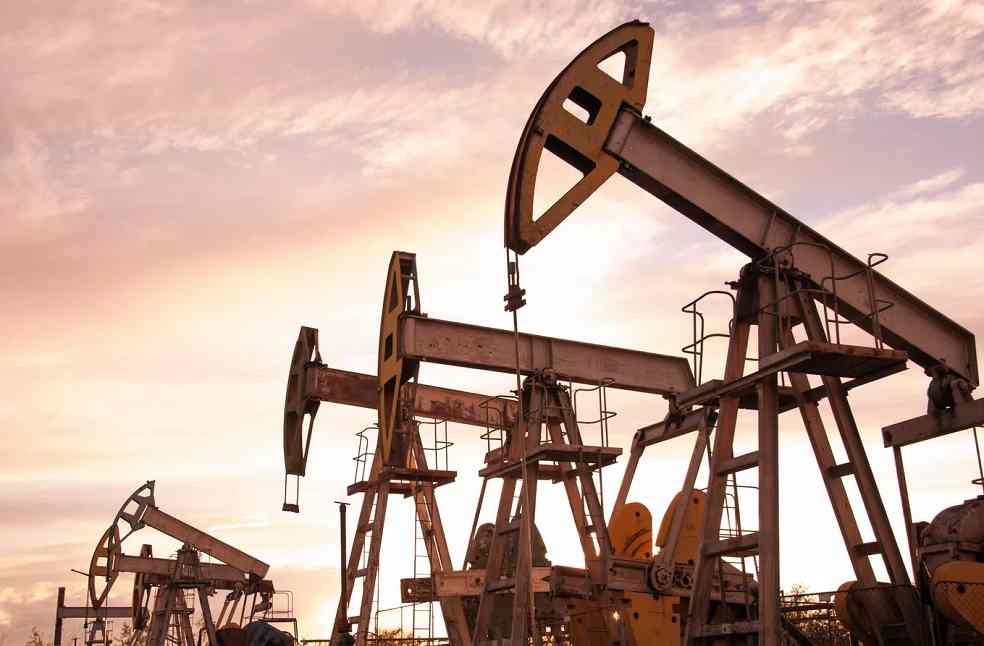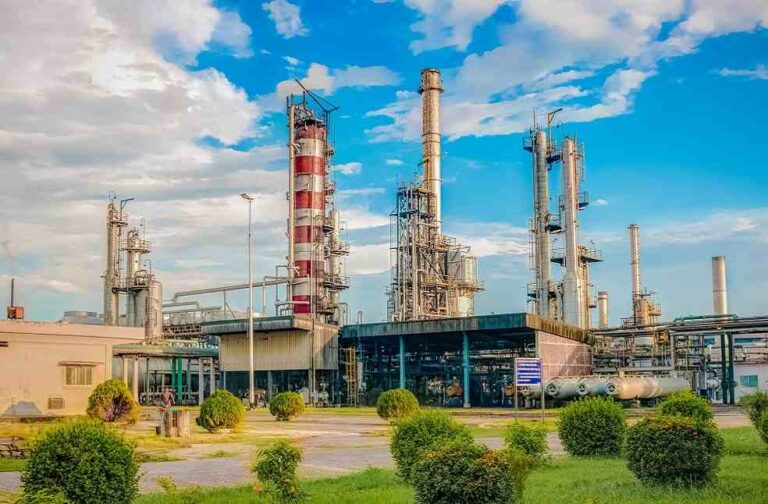Global energy dynamics are shifting, prompting nations to re-evaluate and adapt their energy infrastructures. Bangladesh’s delayed response to refining capabilities reveals an essential need for swift strategic transitions. Missing lucrative opportunities, like discounted Russian oil due to a lack of foresight, demonstrates the critical role of timely infrastructure decisions amidst a changing energy panorama.
A decade ago, the Eastern Refinery Limited (ERL) could have set Bangladesh on a path to seize opportunities from Russian oil, echoing successes seen by other nations. Yet, the Bangladesh Petroleum Corporation’s inaction stalled this potential until government supports revitalized aspirations for a fortified energy sector.
By signaling intent to open doors for the private sector to import, refine, and distribute crude oil, Bangladesh acknowledges the importance of diversifying its energy stakeholders. This evolution, reinforced by a fresh framework from the energy ministry, illuminates a path forward.

The Russia-Ukraine conflict that began in February of the previous year has starkly highlighted the vulnerabilities of nations lacking robust refining capabilities in the face of an energy crisis. With refining vulnerabilities exposed, countries faced skyrocketing gasoline and diesel costs. This adversity stimulated prominent nations, figures like China and India included, to amplify their refining capacities, thereby harnessing Russian oil incentives.
Bangladesh’s 1968-established refinery, with its limitations, contrasts sharply with the adaptable infrastructures of India and China. These Asian powerhouses reaped the benefits of their advanced systems, taking advantage of Russian crude oil offered amidst Western sanctions.
By forging alliances with entities like Saudi Arabia’s Aramco, Pakistan projects a vision of immense refining potential. Such proactive strides forecast substantial annual savings, showcasing the dividends of decisive strategic action.

China’s aspirations are grand, aiming to dominate global crude refining capacities by 2028. India’s foresight from the 1990s now allows its private sector to pioneer new oil export markets during global crises.
Bangladesh’s challenges find parallels in Sri Lanka, which, after a temporary refinery shutdown in 2021, now seeks renewed investments for refinery developments.
Recognizing its predicament, Bangladesh charts a bold path forward with plans for a second ERL unit. Yet, this represents just one facet of a comprehensive blueprint. Diversifying into the promising petrochemical sector is essential, especially given its implications for Bangladesh’s burgeoning apparel industry.

Success hinges on execution precision. Self-financing the new refinery initiative is an ambitious endeavor. Still, it demands perfection in execution. The Bangladesh Petroleum Corporation’s prior inconsistencies underscore the urgency of flawless project realization. The future of Bangladesh’s energy sector hangs in the balance, awaiting actions to match ambitious visions.
ENERGY INDUSTRY | Energy Trade Unions Urge Biden for Swift Offshore Leasing Amid Climate Aims



